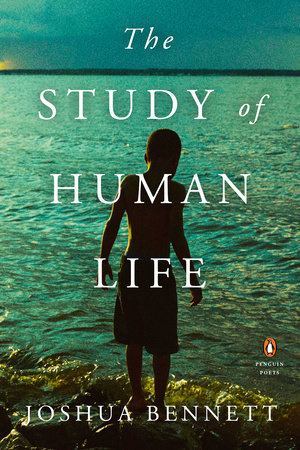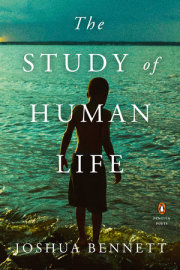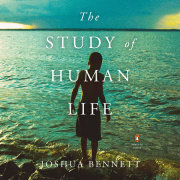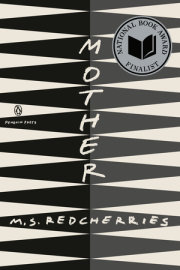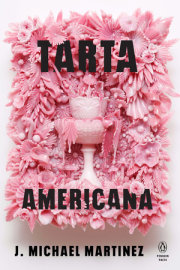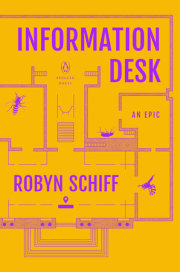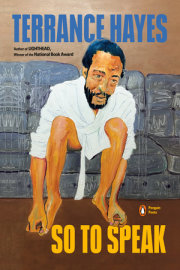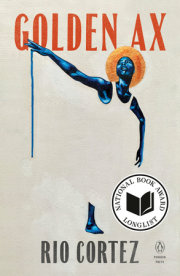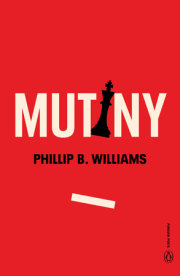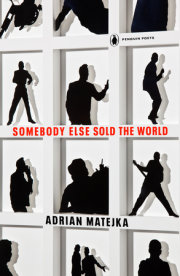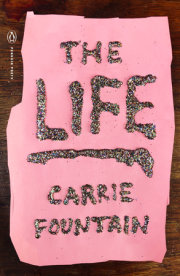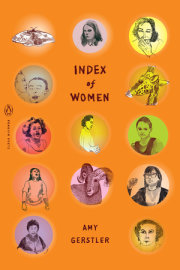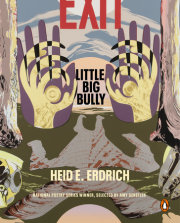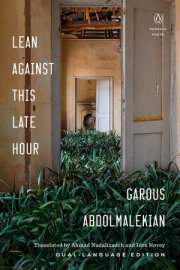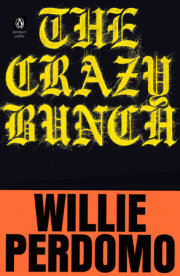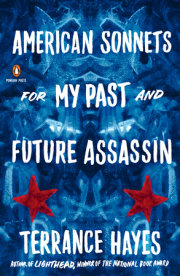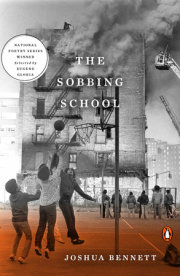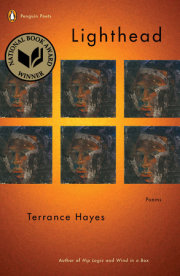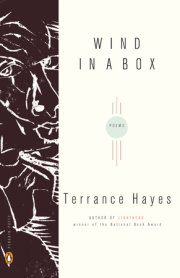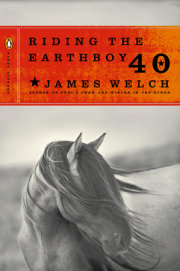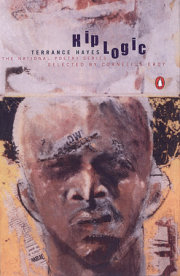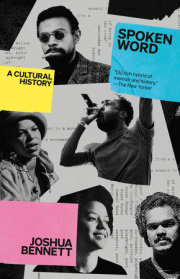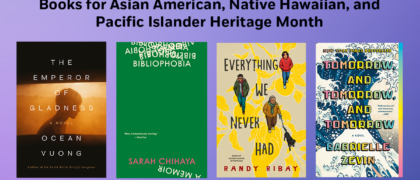Trash I All the men I loved were dead
-beats by birthright or so the legend
went. The ledger said three
out of every four of us were
destined for a cell or lead
shells flitting like comets
through our heads. As a boy,
my mother made me write
& sign contracts to express
the worthlessness of a man's
word. Just like your father,
she said, whenever I would lie,
or otherwise warp the historical
record to get my way. Even then,
I knew the link between me
& the old man was pure
negation, bad habits, some awful
hyphen filled with blood. I have half
my father's face & not a measure of his flair
for the dramatic. Never once
have I prayed & had another man's wife
wail in return. Both burden & blessing alike,
it seemed, this beauty he carried
like a dead doe. No one called him Father
of the Year. But come wintertime, he would wash
& cocoa butter us until our curls shone like lodestone,
bodies wrapped in three layers
of cloth just to keep December's iron
bite at bay. And who would have thought
to thank him then? Or else turn
& expunge the record, given all we know
now of war & its unquantifiable cost,
the way living through everyone around you
dying kills something elemental, ancient.
At a certain point, it all comes back
to survival, is what I am saying.
There are men he killed to become
this man. The human brain is a soft
gray cage. He doesn't know what else
he can do with his hands.
II The Knicks were trash. Head colds
at the outset of a South Bronx summer:
trash. The second hour after she is gone,
the moment the song you both used to slow
-dance through the kitchenette
to comes on, moving on: all trash.
Death is trash. Love is a robust engagement
with the trash of another.
Monthly bills of any kind are trash,
although access to gas and electricity
is not, so there is that to consider.
Blackouts are incontrovertibly
trash. Much like student loans, or the fact
that we live in a culture of debt such that one
must always be behind to make some semblance
of what our elders might have called living.
My friends often state in the midst of otherwise
loving group chat missives that life is trash, though
we all keep trying to make one for some reason
or another, and the internet says my friends are trash,
that black men and boys are trash, and it makes me think
of the high Germanic roots of garbage-which
is perhaps the first cousin of trash-that part of the animal
one does not eat, and we are sort of like that, no?
Modernity's refuse, disposable flesh
and spectacular failure, fuel and fodder,
corpses abundant as the trash
on the floor of the world.
Aging is trash. I am years past thirty now
and so any further time qualifies
as statistical anomaly,
you can't expect good
results with bad data, trash
in, trash out, they say,
and I'm really just searching
for better, more redemptive
language is the thing,
some version of the story
where all the characters
inside look like me and every
single one of us escapes
with our heads.
III Saturdays, it was my job to pick the bones
from cans of fish which became the unwieldy
piles of pink flesh that, once fried, became the cakes
we ate for dinner that night, breakfast the next
day, dinner again to close the loop. Decades passed
before I saw the beast in real time, realized, like Baldwin-
who once saw his mother lift a yard of velvet, say
that is a good idea, and for months thought ideas were shocks
of black fabric-that salmon lived outside
the bounds of Foodtown shelves
we searched for deals in the early '90s,
supermarket circulars held tight
in our too-small hands, armaments
against American cost. Older now,
a literary type with insurance
to boot, I tell you this story
at our kitchen table, unsure of what
I am trying to convey, exactly.
Something about the flexible
nature of human knowledge,
perhaps: a speed course in semiotics
over poached eggs. Or maybe
some version of the same tale
I am always telling, that the wall
between the world & me
grew weaker once I left
what I loved. Children
of the poor, their small words
& smaller sense of scale.
Back then, life on Earth
was Yonkers, NY,
& my grandmother's salon.
Every leather-bound book
was a Word of God. And there I was,
an affront to history, creative, even
in my ignorance, sketching planets
in the air as my big sister sang soul outside
my bedroom window, her voice
like something ancient and winged,
pulling summer into being.
Copyright © 2022 by Joshua Bennett. All rights reserved. No part of this excerpt may be reproduced or reprinted without permission in writing from the publisher.

